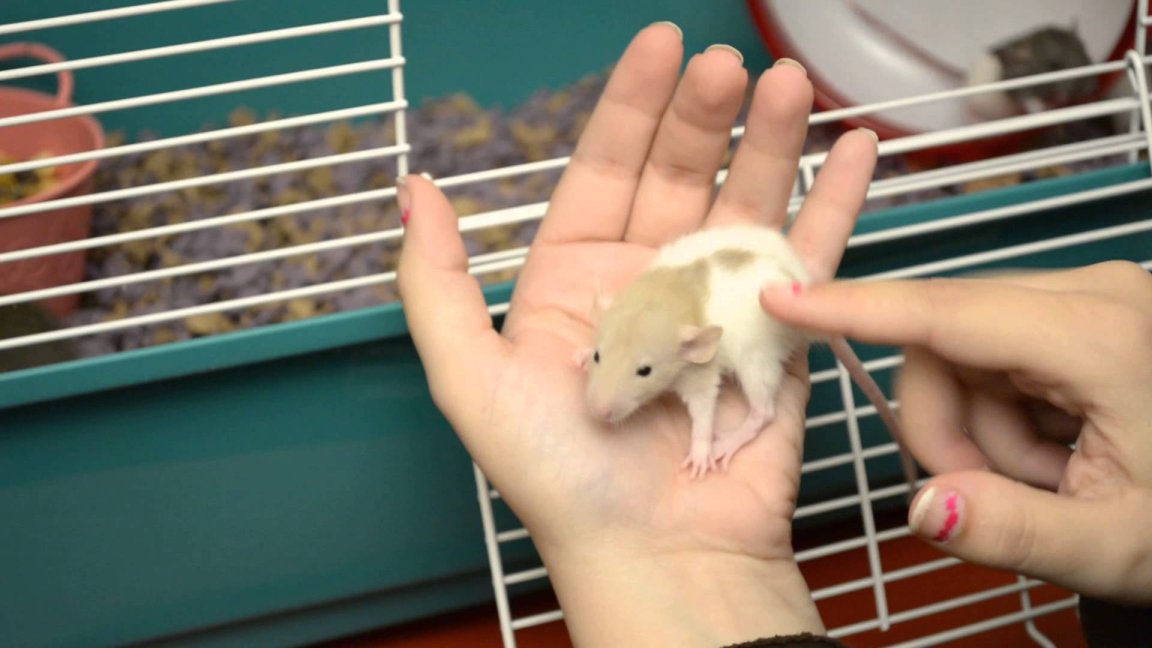
Montelukast
Montelukast is a drug used for the maintenance and treatment of asthma and to relieve symptoms of allergies. It binds to certain receptors in the lungs and bronchial tubes, blocking the binding of compound (leukotriene D4) that causes inflammation. However, the drug may have other uses. In the brain, there are also receptors that trigger inflammation when activated. They are also thought to be involved in neuron generation. Montelukast is believed to block these receptors. Scientists from Austria tested the drug on rats and found that it appeared to have rejuvenated the brains of old rats, allowing them to perform as well as young rats in tests of memory and cognition.
Brain Rejuvenation
As we age, the brain also degenerates, making us lose the ability to create new neurons. Brain inflammation also increases, something that is associated with many brain disorders. Rats also face similar problems with memory and cognitive functions as they age. Scientists from Austria decided to use old and young rats to test their hypothesis on montelukast as a treatment for brain degeneration and inflammation. In a series of learning and memory test, the old untreated rats initially struggled with the tasks in contrast to the young ones. However, after six weeks of treatment with montelukast at a dose equivalent to what is taken by humans, the old ones started to perform as well as their younger counterparts. The scientists claim they were able to restore learning and memory 100%. The treated old rats also had 80% less brain inflammation and greater neuron growth than the untreated old rats. Moreover, the blood brain barrier also strengthened.